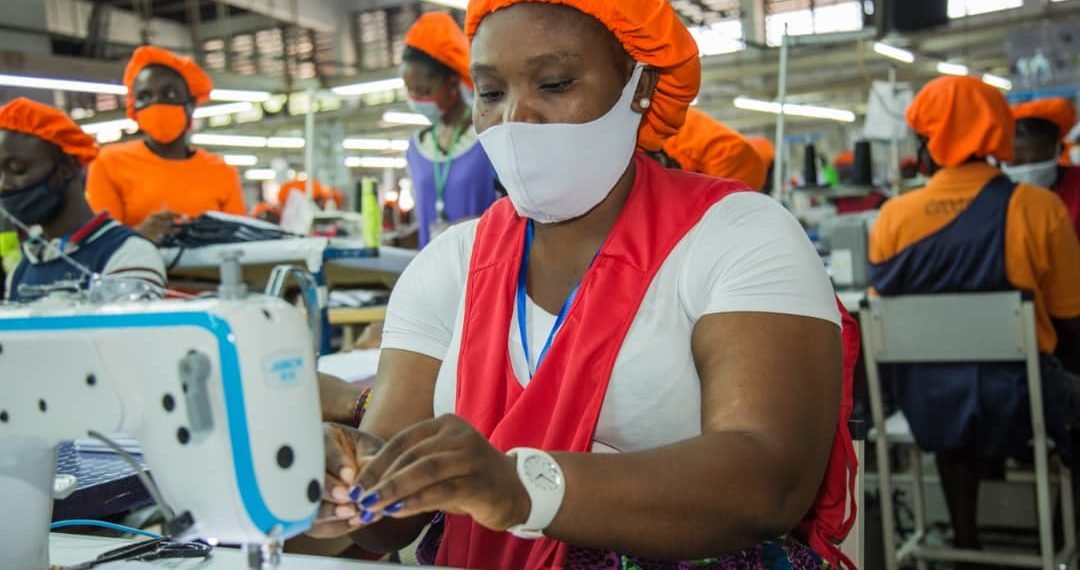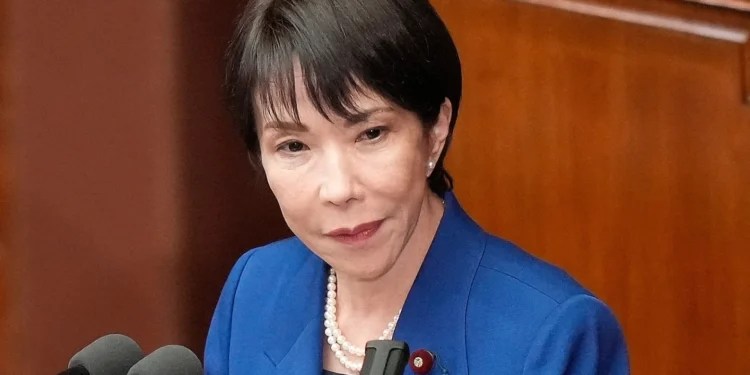Despite the numerous challenges inflicted by the outbreak of the COVID-19 pandemic on the Ghanaian economy, it has also created an opportunity for businesses to become more innovative in their operations.
As a result of COVID-19 restrictive measures which make it difficult for face-to-face contact with clients, firms across the globe have resorted to using technology to transact. The good news is that Ghanaian businesses are not left out.
Whereas several innovative means have been employed by businesses in the country, the most glaring is the use of mobile money. The use of mobile money by businesses in Ghana has increased since the country recorded its first case of the Coronavirus in March last year which resulted in the imposition of partial lockdowns in some parts of the country.
The second round of the COVID-19 Business Tracker Survey (BTS) conducted by the Ghana Statistical Service (GSS), revealed that about 50 percent of firms reported using mobile money in the second-round survey conducted between August and September 2020, compared to 38 percent in the first round conducted between May and June last year.
It is very refreshing to note that firms within the agriculture and other industry’s sectors are among the highest users of mobile money for sales. The survey revealed that 64 percent within this sector employed mobile money to sell their products and services.
However, trade and manufacturing sectors were also not left out as 54 percent and 52 percent of firms respectively used mobile money in their sales.
Businesses that provide accommodation and food services also experienced a rise in the use of mobile money within the two survey periods, up from 26 percent in the first round to 41 percent in the second round.
Whilst the use of mobile money increased substantially in most sectors, the ‘other services’ sector only recorded a marginal increase, from 38 percent to 39 percent between May and September last year.
Whereas the use of mobile money for sales went up in all the sectors, firms using the internet to sell their products and services varied across the various sectors of the economy as the COVID-19 restrictions continue to ease in the country.
Overall, the share of business establishments that have adopted or used the internet for sales fell marginally from 9 percent to 8 percent between the two survey periods.
There was a 3-percentage point reduction in the use of the internet by firms within agriculture and other industries’ between May/June and August/September.
On the contrary, firms in the accommodation and food sector increased their use of the internet for sales, from 2 percent to 6 percent, even though the use of the internet remains low compared to other sectors.
Firms within the trade industry only experienced a marginal increase in the use of the internet for sales by just 0.3 percent, thus, from 6.3 percent in the first round to 6.6 percent in the second round.
The rise in the usage of mobile money among businesses is in consonant with data from the Bank of Ghana which showed that the number of registered mobile money accounts have increased from 31.3 million in October 2019 to 36.9 million in October 2020. Mobile transactions also increased from GH¢28.4 billion in October 2019 to GH¢58.0 billion in October 2020. The current value of mobile transactions stood at GH¢ 58.0 billion as of October 2020.
Even though lockdown measures have been relaxed, firms continue to report uncertainty. The survey asked firms for their expectations of what they considered most likely, and what a more pessimistic and optimistic scenario could look like.
The results show a continued high degree of uncertainty in the expectations of firms, with some movement towards a more positive outlook.
“Uncertainty is an important additional channel affecting firms during the pandemic and as the economy re-opens, this could result in a lower desire for risk and investments”, the GSS said.
In the most pessimistic scenario, firms anticipated a decline in demand of 2 percent in the second round compared to the 24 percent recorded in the first round.
There was an 8 percent anticipated decline in employment over the next 6 months, compared to the same period last year in the second-round survey while in the first-round survey, this anticipated decline stood at 14 percent.
With the coming into effect of the African Continental Free Trade Area (AfCFTA) in January 1, 2021, Ghanaian firms must leverage on the government digitization agenda to improve their businesses so as to remain competitive and to take advantage of the huge market created by the trade agreement.























